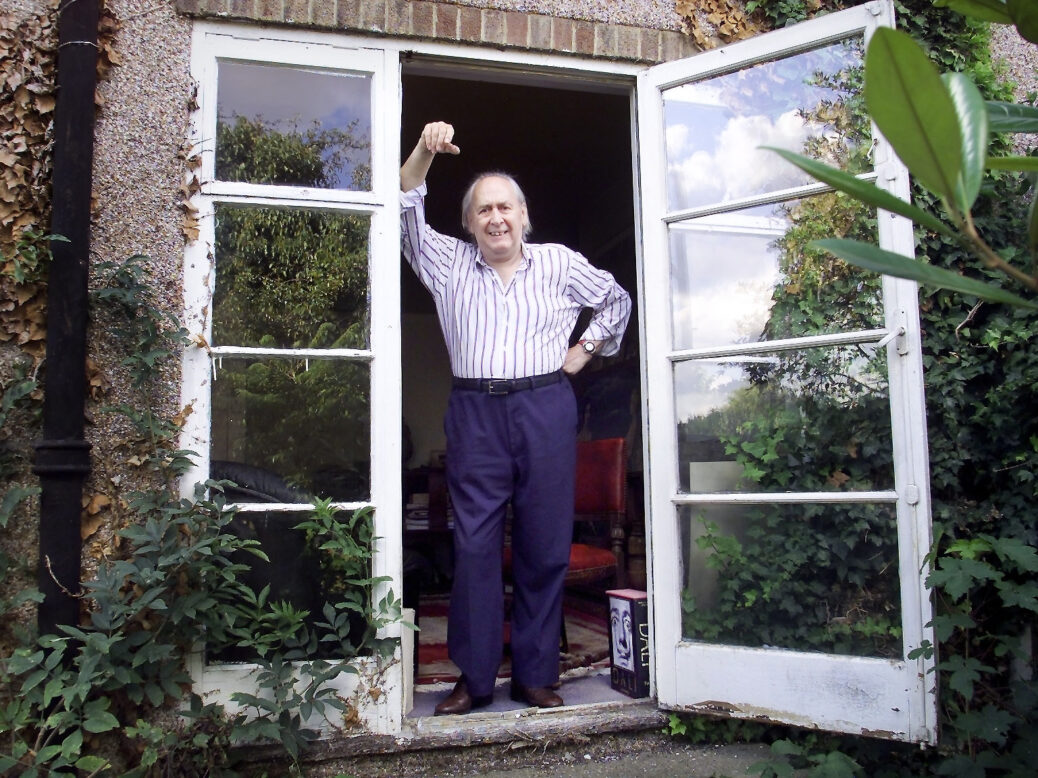
It’s often said that you should not meet your heroes, since the encounter is invariably disappointing. This hasn’t been my experience. When I met the late JG Ballard for the first time, around 20 years ago in a Covent Garden restaurant, I found that he embodied everything I admired in his work.
We’d been put in touch by Jason Cowley – now editor, then literary editor of the New Statesman – after I’d reviewed Ballard in the magazine. In these and other reviews I have tried to convey what attracted me when I came under his spell in my late teens. Unlike many others, it wasn’t his dystopian vision that gripped my imagination. For me his work was lyrical – an evocation of the beauty that can be gleaned from landscapes of desolation.
As I found over dinner, Ballard was a wonderful conversationalist. Very little of what he said could have come from the mouth of anyone else. We talked of his experiences in Shanghai. He told me he had enjoyed much of his childhood in a Japanese internment camp “as any boy my age would have”. He had also learned something. Society was a stage set, which could be suddenly disassembled at any time. Even the camp fell apart in the closing days of the war, and it was then that he witnessed the worst atrocities.
There can be no doubt that Ballard was traumatised by these experiences. His fiction was his cure. The drained swimming pools, abandoned casinos and low-flying aircraft that recur in his short stories were his boyhood memories transfigured. The smiling man I met, tucking heartily into his ice cream dessert as he talked of the illusion of stability in society, confirmed what I suspected. We live by a kind of alchemy, turning experiences without meaning into fictions we live by.
This article appears in the 08 Dec 2020 issue of the New Statesman, Christmas special



